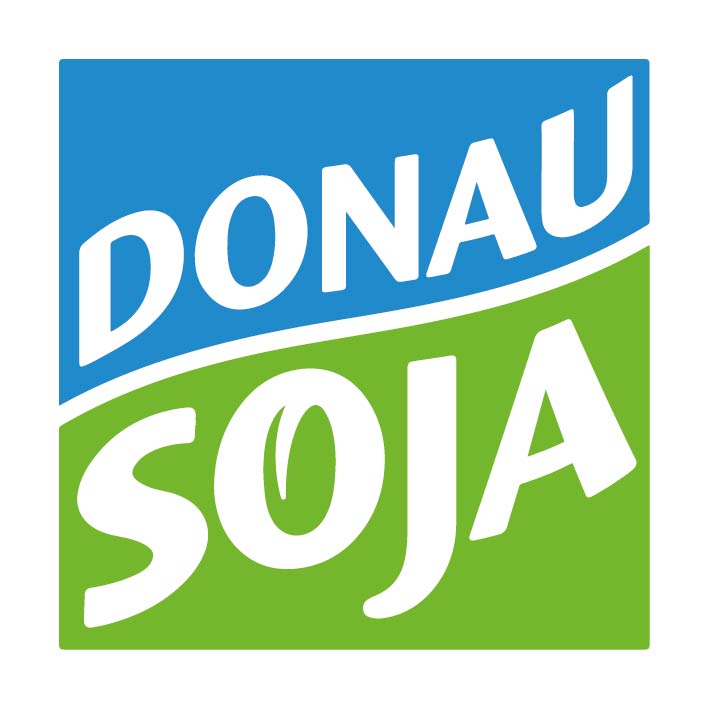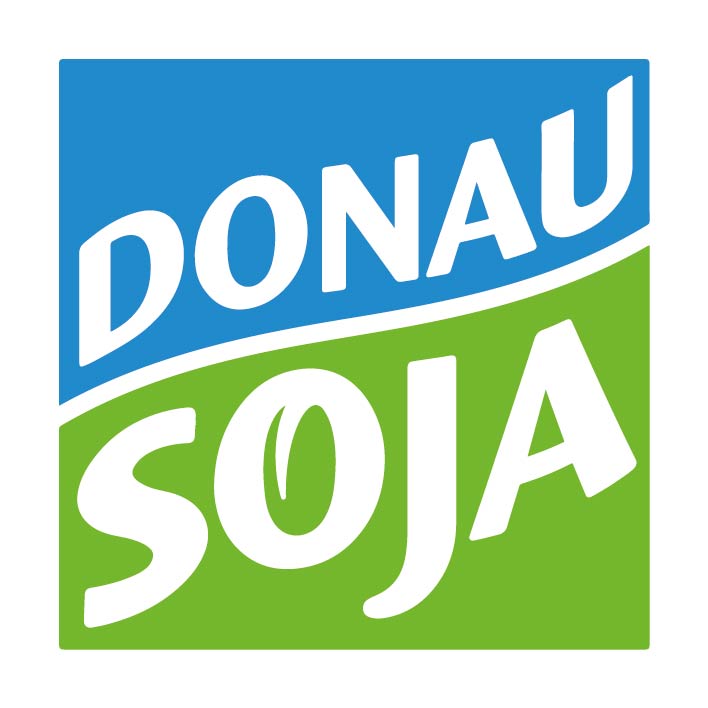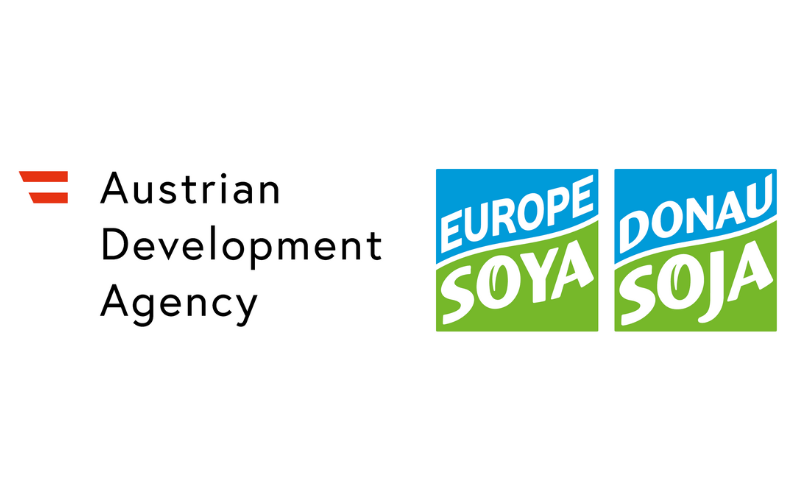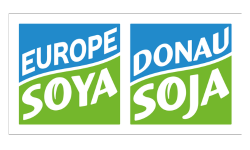At the End of February 2024 Donau Soja and ADA (Austrian Development Agency) have successfully concluded a 7-year program that has made significant developments in promoting non-genetically modified (non-GMO) and sustainable soybean production in Ukraine, Moldova, Serbia, and Bosnia and Herzegovina. With a budget of 9 million Euros, evenly split between ADA grant and Donau Soja’s own contribution, this program has had a far-reaching impact on the soybean value chains in these countries.
The Strategic Partnership, has been instrumental in advancing sustainable and non-GMO soybean production, establishing itself as a cornerstone for supply and value chain development. As a result of this successful collaboration, over 2.3 million tonnes of sustainably produced non-GMO soybeans have been cultivated in target countries. The Strategic Partnership has actively engaged over 23,000 participations of target country beneficiaries, with women making up 24% of the registered participation. Over 500 legal entities have been involved across numerous activities, providing valuable opportunities and empowering individuals at every level of the soybean value chain. The 2.3 million tonnes were produced on almost 1 million hectares of sustainably managed land and involvement of more than 14,000 farmers and 160 certified collectors and processors. Within the Strategic Partnership Programme period 2017-2021, area under soybeans in Serbia increased for 18%, in Bosnia and Herzegovina for 40% and yield in Ukraine increased for 34%. We believe that activities of our programme impacted this great developments. This has not only enhanced economic development but has also contributed to poverty reduction in local communities.
Beyond value chain development and economic impact, these remarkable achievements in sustainable soybean production have had significant environmental benefits as well. The production of 2.3 million tonnes of sustainably produced soybeans, resulted in the reduction of greenhouse gas (GHG) emissions by up to 9 million tonnes of Carbon Dioxide (CO₂)-eq compared to a scenario where the total volume is imported from Brazil. Additionally, it has helped in avoiding forest loss and decreasing herbicide usage.
Our program was aligned with several Sustainable Development Goals (SDGs). Our activities have contributed to SDGs 1 (No Poverty), 2 (Zero Hunger), 4 (Quality Education), 5 (Gender Equality), 8 (Decent Work and Economic Growth), 9 (Industry, Innovation and Infrastructure), 12 (Responsible Consumption and Production), 13 (Climate Action), 15 (Life on Land), and 17 (Partnerships for the Goals).
Presented numbers demonstrate the remarkable progress we have made in promoting non-GMO and sustainable soybean production in Ukraine, Moldova, Serbia, and Bosnia and Herzegovina. We extend our sincere gratitude to ADA for their invaluable support and their visionary recognition of the Donau Soja Organisation as a catalyst for development and a vital bridge between the non-EU and EU value chains. We also express our appreciation to all the individuals and entities that have actively participated in this program. Together, we have built a future that prioritizes sustainability, environmental protection, and economic growth.



